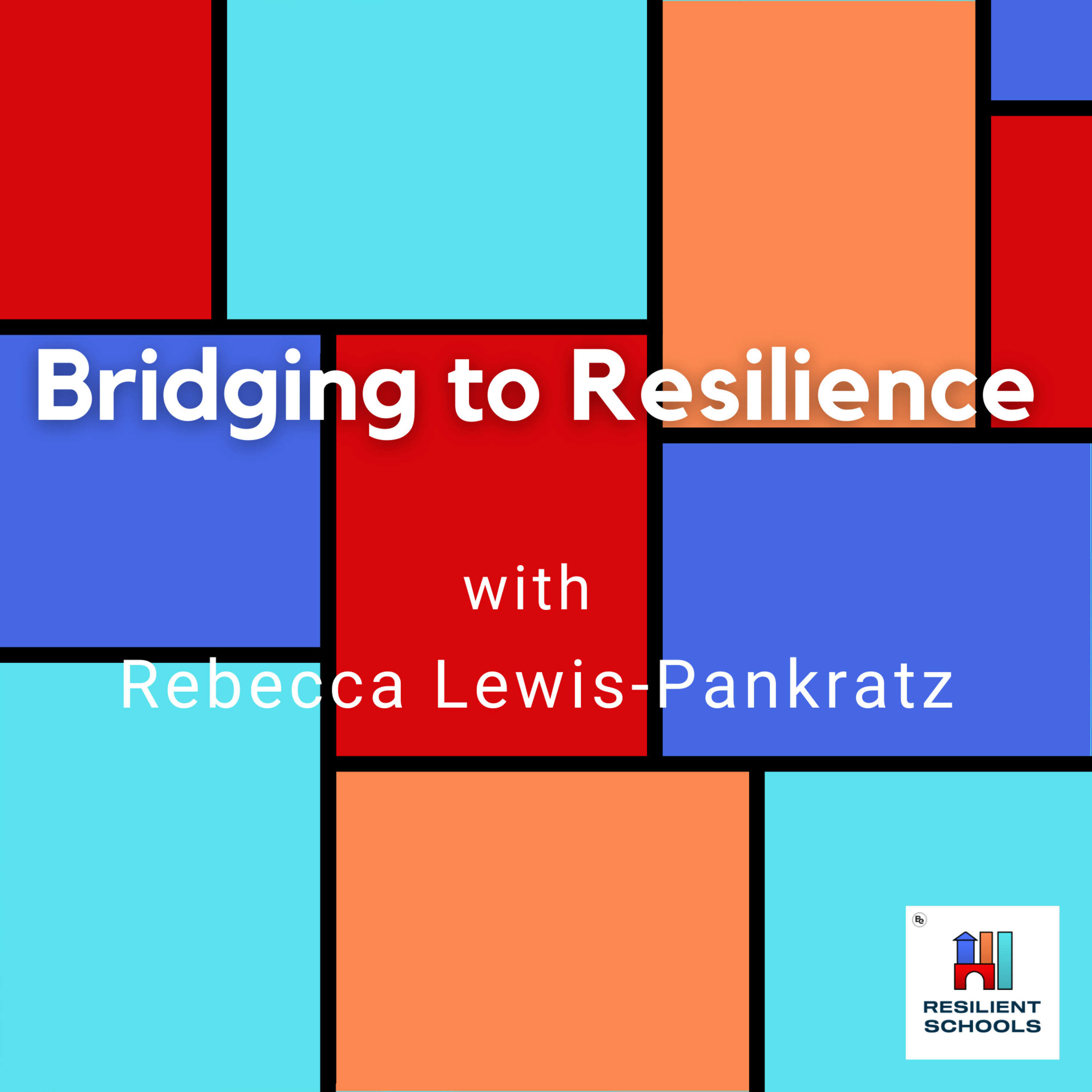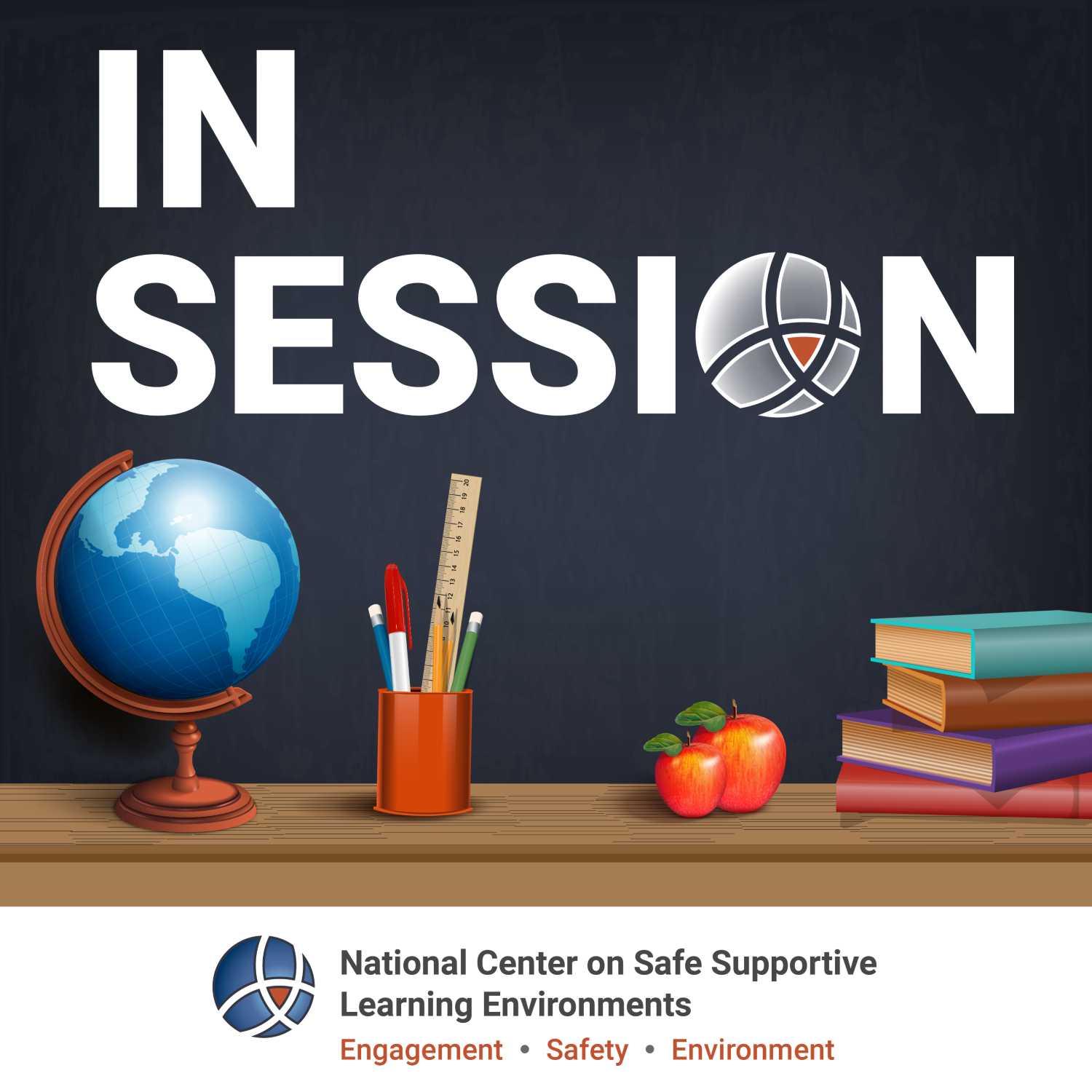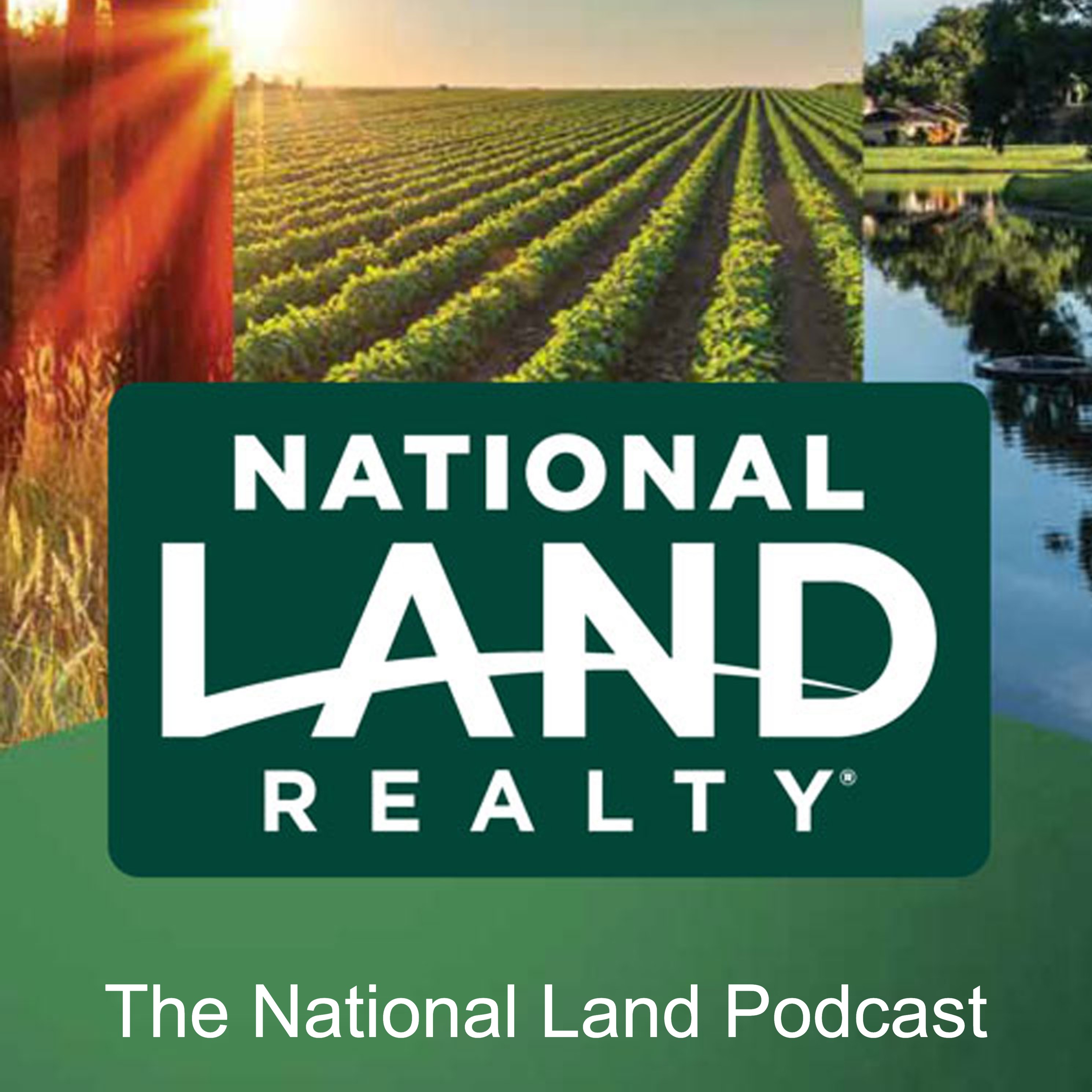Residential Schools
0
0
3 Visninger·
11/15/22
When our history books speak of North American history, it can almost read as if Canada and the United States did not exist until the Europeans settled the lands, while in reality, these lands were populated by indigenous peoples for centuries prior. With the arrival of the Europeans, there were tragic economic implications, massive losses of land and rapid spread of disease that had devastating effects on the indigenous peoples. Perhaps most tragic was the Indian residential schools policy and initiative that took indigenous children away from their families, where their culture was eradicated. Theodore Fontaine, a member and former Chief of the Sagkeeng Ojibway First Nation, joins the podcast to share his story.
Vis mere
0 Kommentarer
sort Sorter efter












